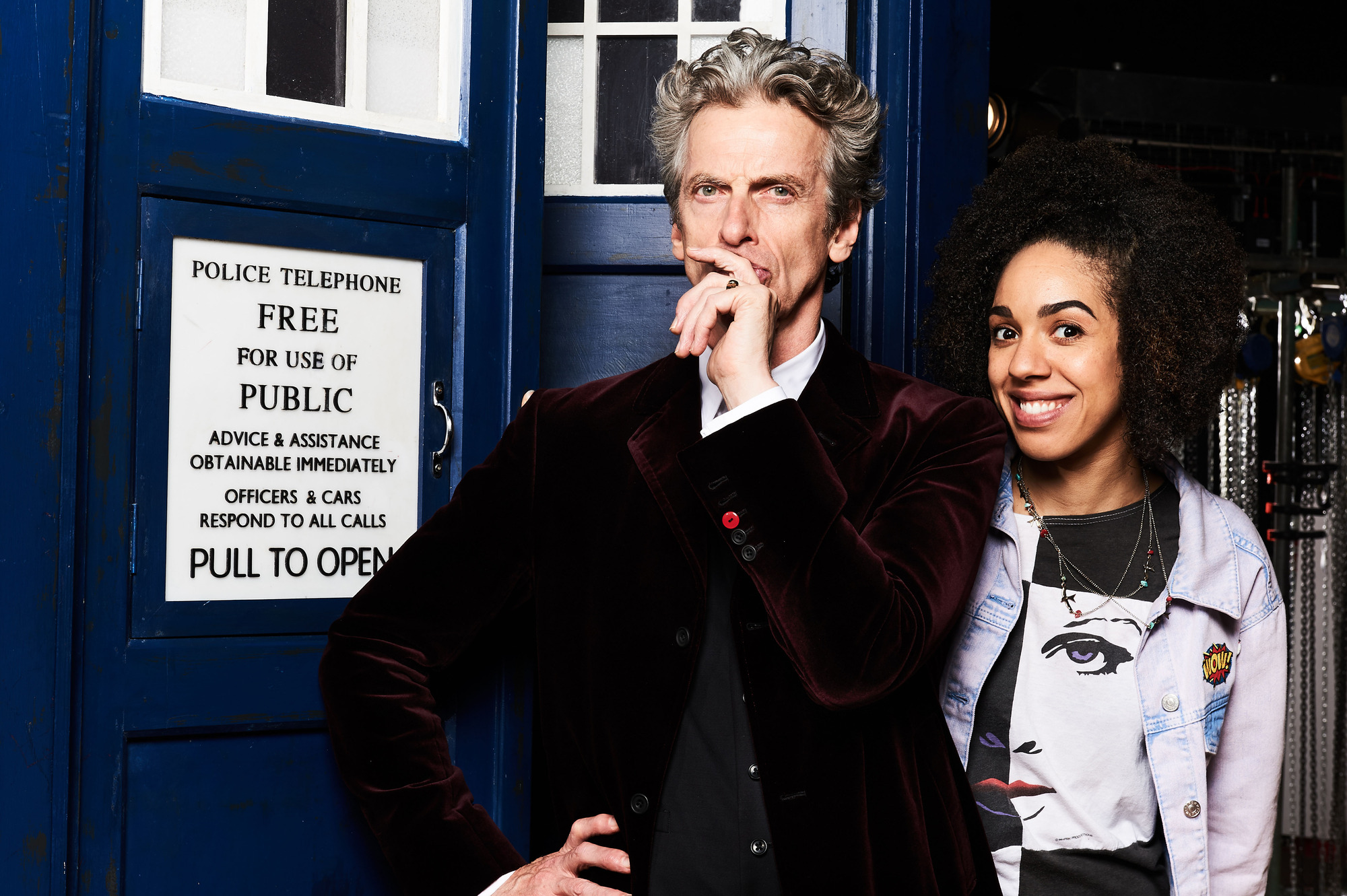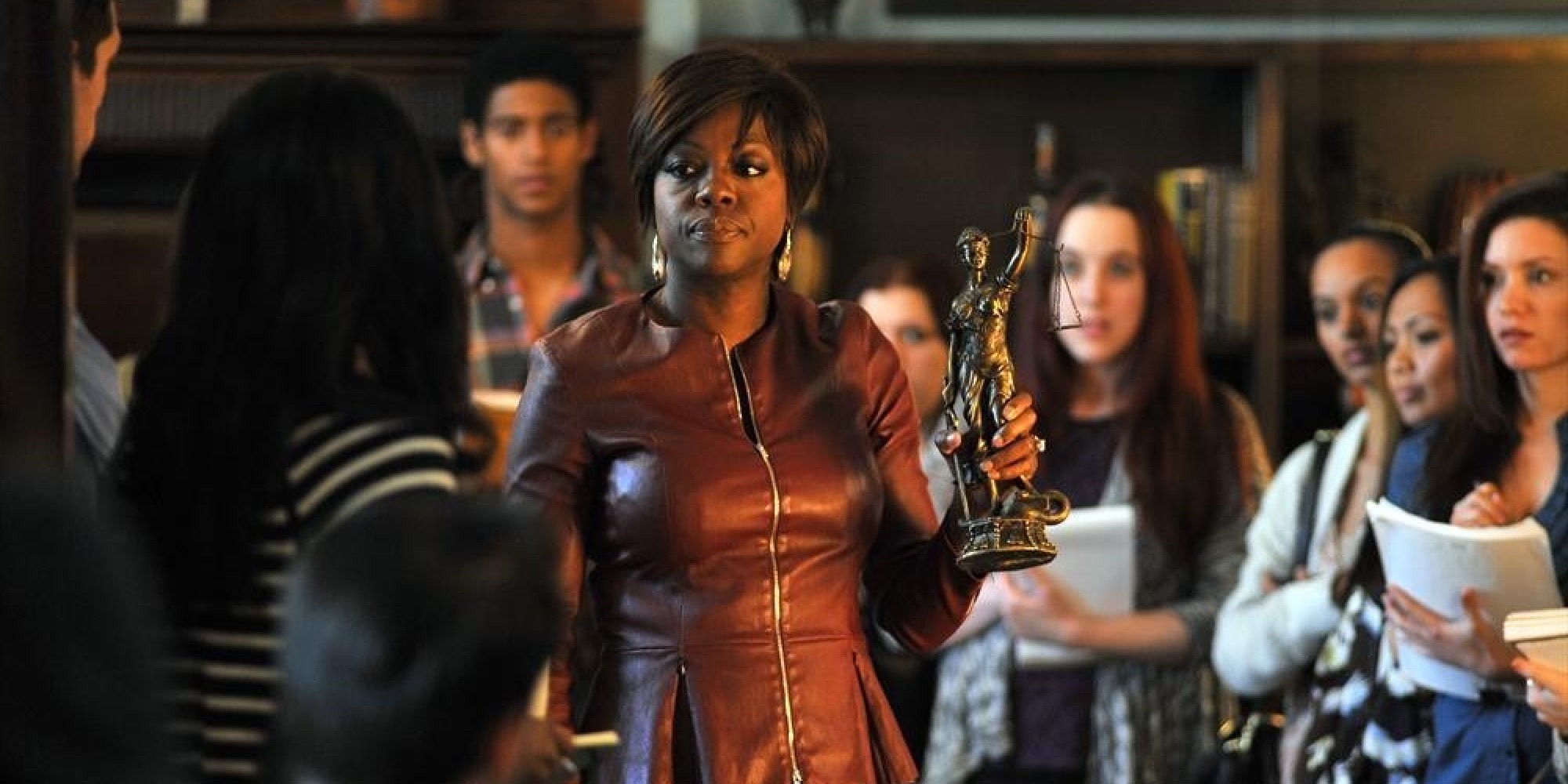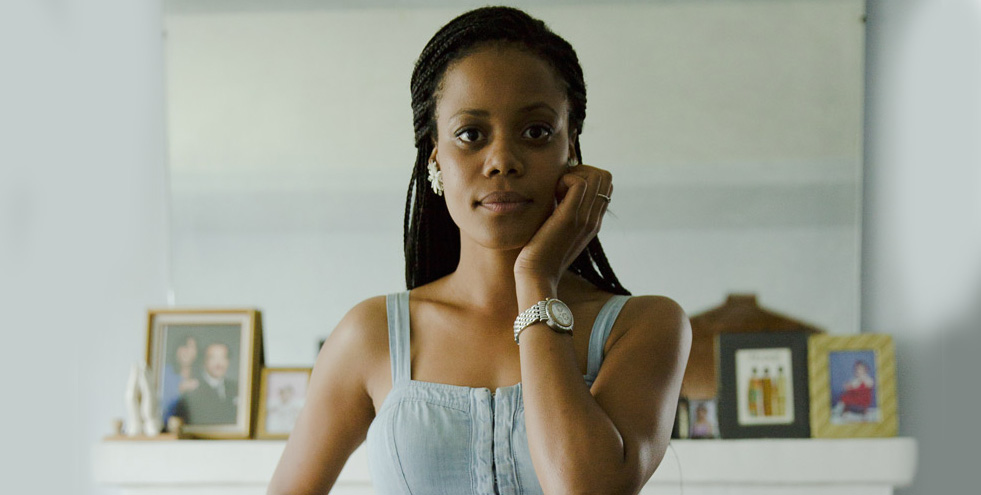Did you watch the Oscars last month? I didn’t, not because I don’t love a good celebrity shindig – especially when there are cameras and copious amounts of alcohol involved – but because if I wanted to see a mostly white, mostly male group of people in power award other mostly white people then I would turn on the news or simply look at the world around me.
In an awards season where Dear White People took on the issue of white people, black culture and racial microaggressions, when Selma looked at the civil rights movement and countless other films about people of colour captivated audiences, the Academy (the group of people who decides who is nominated for and who wins at the Oscars) conveniently engaged its ‘whites only’ tunnel vision.

Despite all of the astonishing achievements of by actors of colour in Hollywood in the past year, not a single actor of colour was even nominated in the lead or supporting categories. It’s one thing to snub actors of colour but to not even invite them to the party? Hollywood, that’s cold.
The conversation that the controversy has created has been great, however. #OscarsSoWhite trended on Twitter and critics and and moviegoers alike have all being asking the question of ‘why’ and also ‘how’ of Hollywood’s stark whiteness.
The why can be answered with ‘Hollywood is racist’, as despite the the fact that Latino@s and black people are the two fastest growing groups of moviegoers, Hollywood is still quick to ignore or gloss over their stories.
This is especially obvious in the cases of things like The Hunger Games when despite the series of books saying that Katniss isn’t white, the multi-million dollar movie franchise decided to take some real, racist creative license and casted a white actress for the role instead.
As for the ‘how’ the Oscars ended up being so biased, many critics are chalking it down to the popularity and success of films like 12 Years a Slave, Django Unchained, Life of Pi and Beasts of the Southern Wild (which all featured people of colour in lead or main roles) in previous years. Many feel that as Hollywood ‘threw people of colour a bone’ with that previous acknowledgement, they feel that their work is now done and that people of colour will be satisfied.
This year Selma was snubbed almost across the board (although it won for Best Original Song and it was nominated for Best Picture) despite everyone who saw it having raved about its brilliance. British actor David Oyelowo (who plays Martin Luther King Jr.) explained in an interview with Variety that:
“We’ve just got to come to the point whereby there isn’t a self-fulfilling prophecy — a notion of who black people are — that feeds into what we are celebrated as. Not just in the Academy, just in life generally. We have been slaves, we have been domestic servants, we have been criminals, we have been all of those things. But we have been leaders, we have been kings, we have been those who changed the world.”
In short, unless the media shows people of colour being let down, trodden on or oppressed, Hollywood just ain’t that interested.
Unless it comes to television.
One prevalent argument coming out of the debate is that television is the next frontier of diversity. This television season alone we saw the mostly-Hispanic TV show Jane The Virgin grace our screens, recent debut Empire focuses on a massively wealthy black family in the music business, How To Get Away With Murder features a no-nonsense black, female lawyer surrounded by several fearless people of colour and black-ish also focuses on a rich black family looking to fit with their white counterparts.

Television has been an absolutely joy to watch these coming months as we’re no longer forced to put up with monotonous white men at the helm, for the sake of a glimpse of a bitpart black woman – we now have a plethora of brilliant, POC-featuring media gracing our screens each and every single night of the week.
So why does TV get it right while the silver screen cannot?
Part of the reason behind the recent emergence of people of colour on television (this year at least) is because it’s driven by business decisions and a need for variety. It’s a well known fact that services like Netflix are steadily chipping away at cable TV viewership and on top of the ease of TV watching that Netflix offers us, it’s also filling a serious diversity gap.
Just look at Orange is the New Black which has a cast almost entirely made of women who are flawed and funny, racially diverse and also aren’t just straight or cisgendered either.

Given that traditional TV networks need to compete and need to offer us something different and better than the many mostly white and male protagonists that have been littering our screen, it makes sense for them to finally do right by ethnic minorities and put some non-white faces on TV.
It should also be noted that black people watch more TV (in the United States) than white people (Nielsen estimates that black people watch at least two hours more each week) so that may also have been a driving factor.
The statistics aren’t perfect though and while it’s beautiful that TV is becoming more diverse, there’s still lots of work to be done. For example, queer people of colour are still a rarity and there are still plenty of shows that are still mostly white and definitely not representative of the people who are watching them.
As for the hope of TV’s prowess rubbing off on Hollywood, it may take much longer than one awards season to right those racially homogenous wrongs. It’s not just the casting directors of Hollywood that are racist – or just plain ignorant – towards people of colour but it’s the whole damn hierarchy.
It is notoriously difficult for non-white filmmakers and actors to breakthrough to the big leagues and be considered for the same opportunities as white people. So unless those at the top want to make a real, serious change, things may be stuck like this forever.
The ball is rolling now and it will not stop until finally, the media on offer represents the people who are actually watching it.









